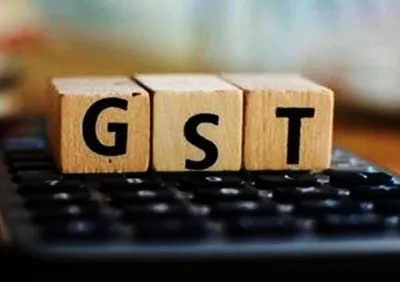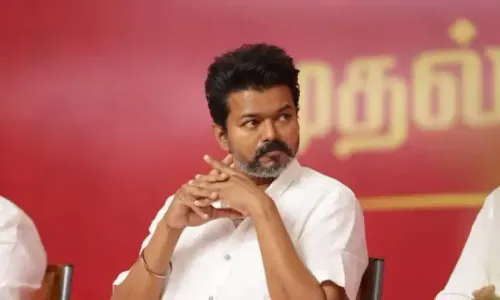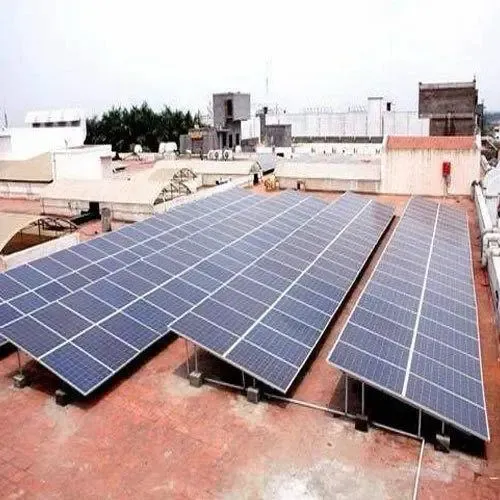Is a Big Bang Reform Coming? Finance Ministry's Two-Slab GST Proposal Post PM Modi's Speech

Synopsis
Key Takeaways
- Introduction of a two-tier GST system.
- Focus on tax relief for the common man.
- Special rates for essential and aspirational goods.
- Inverted duty structures to be corrected.
- Formation of a high-level task force for reforms.
New Delhi, Aug 15 (NationPress) The Finance Ministry has recently introduced a proposal for a streamlined, two-tier Goods and Services Tax (GST) system featuring a “standard” and “merit” slab, along with special rates for certain goods.
This initiative follows Prime Minister Narendra Modi's statement during his Independence Day speech at the Red Fort, where he indicated that significant GST reforms would be revealed by Diwali, aimed at delivering “substantial” tax relief to everyday citizens and supporting small enterprises.
The government has forwarded its proposal on GST rate restructuring and reforms to the Group of Ministers (GoM) set up by the GST Council for evaluation.
Highlighted areas for these next-generation reforms include the adjustment of tax rates to assist all segments of society, particularly the common man, women, students, the middle class, and farmers.
The proposals also include reducing taxes on everyday items and aspirational goods to enhance affordability, stimulate consumption, and make essential products more accessible to a broader demographic.
With the termination of the compensation cess, there is now fiscal space that allows for greater flexibility in restructuring and aligning tax rates within the GST framework for sustainable long-term development, as stated by the ministry.
Efforts to rectify inverted duty structures are intended to synchronize input and output tax rates, thereby reducing the buildup of input tax credits and boosting domestic value addition.
Another significant proposal focuses on resolving classification challenges to streamline rate structures, minimize disputes, simplify compliance processes, and ensure fairness and consistency across various sectors.
The ministry noted, “The aim is also to provide long-term clarity on rates and policy direction to build industry confidence and support better business planning.”
In a decisive Independence Day announcement, PM Modi declared the establishment of a high-level task force dedicated to pioneering next-generation reforms in governance, taxation, and public service delivery.
He stated, “This Diwali, I am going to celebrate a double Diwali for you. The countrymen are going to get a big gift, there will be a drastic cut on GST on common household items,” indicating sweeping changes in the GST framework.
PM Modi underscored the importance of reassessing GST rates, describing it as the “need of the hour.”
He asserted, “GST rates will be reduced drastically. Tax will be reduced for the common people.”
This announcement coincides with the eighth anniversary of GST, which has become one of India’s most pivotal tax reforms since independence. Since its launch in 2017, GST has unified the nation’s indirect tax system and significantly enhanced the ease of doing business, particularly for small and medium enterprises.









